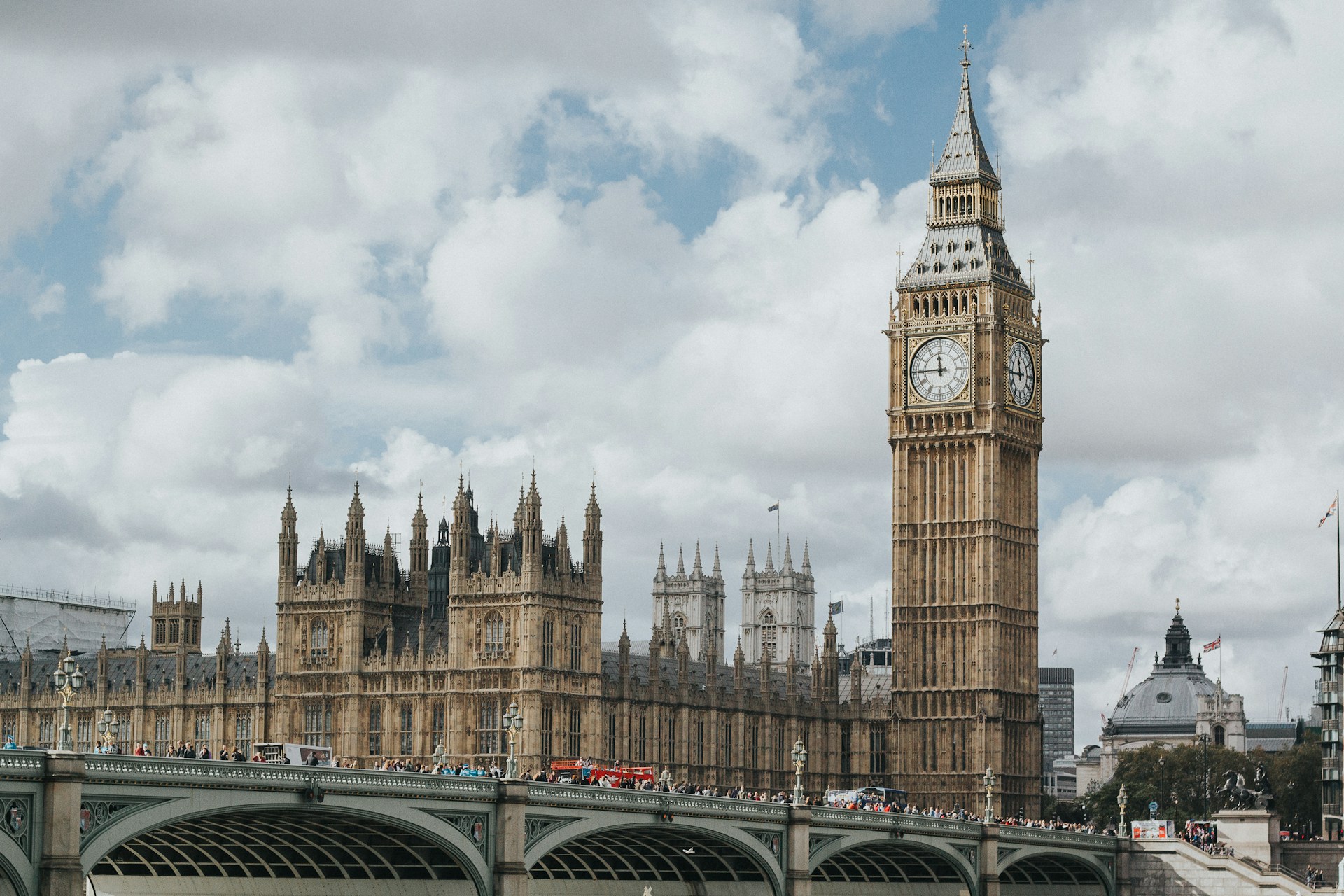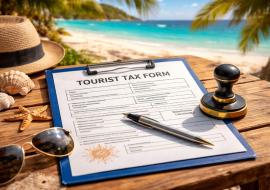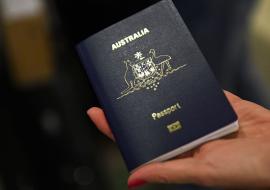UK Tourism at Risk: £60 Billion in Future Revenue Could Be Lost

The World Travel & Tourism Council (WTTC) has warned that the UK’s tourism industry faces long-term decline unless urgent action is taken.
While short-term projections remain stable, the country is losing ground to European rivals, with £60 billion in tourism revenue at risk over the next decade. Despite contributing £280 billion to the UK economy in 2024 and supporting over 4.1 million jobs, the sector continues to be overlooked by policymakers.
Among the key challenges identified are rising costs and taxation, including increases in National Insurance, Air Passenger Duty (APD), and the planned Electronic Travel Authorisation (ETA) fee. The UK also lacks competitive tourism incentives, such as tax-free shopping, which was scrapped in 2021, making destinations like Spain, Germany, and Italy more attractive to global travelers. Underfunding of VisitBritain further weakens the UK's ability to compete for visitors.
WTTC President & CEO Julia Simpson emphasized the need for immediate reforms, stating, “The Government cannot tax its way out of debt—it needs to invest to grow. Tourism promotion in the UK is chronically underfunded, and it is arrogant to think tourists will always come. Without action, the UK risks losing its global standing.” She welcomed the new government’s goal of surpassing 50 million visitors by 2030 but stressed that achieving this requires strategic policies and investment.
The UK’s tourism competitiveness is alarmingly low, ranking 113th out of 119 countries in the World Economic Forum’s 2024 Travel & Tourism Development Index. High VAT, costly visa requirements, and rising aviation taxes make the UK an increasingly expensive destination. Additionally, the country’s reliance on US visitors creates economic vulnerability, underscoring the need to diversify source markets.
With the first Visitor Economy Advisory Council set to convene, industry leaders urge the government to act decisively. Without targeted reforms, the UK risks stagnation while its European competitors continue to thrive, capitalizing on policies that prioritize tourism growth.














